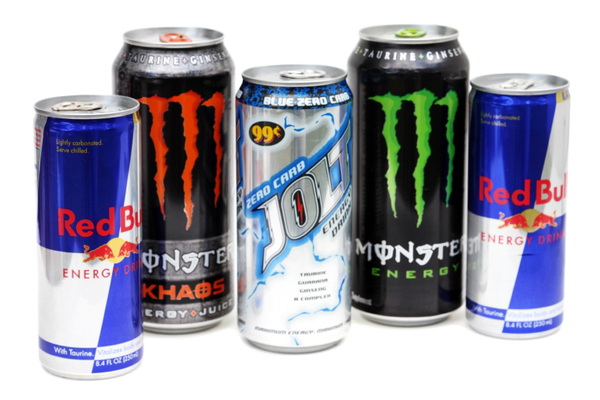A group of 18 doctors, researchers and public health experts jointly urged the Food and Drug Administration on Tuesday to take action on energy drinks to protect adolescents and children from the possible risks of consuming high amounts of caffeine.
“There is evidence in the published scientific literature that the caffeine levels in energy drinks pose serious potential health risks,” the doctors and researchers wrote.
In their letter to Dr. Margaret A. Hamburg, the F.D.A. commissioner, the group argued that energy-drink makers had failed to meet the regulatory burden placed on them to show that the ingredients used in their beverages were safe, specifically where children, adolescents and young adults are concerned. As a result, the group urged the F.D.A. to restrict caffeine content in the products and to require manufacturers to include caffeine content on product labels.
A similar letter was sent to the agency by the San Francisco city attorney, Dennis J. Herrera, who is one of several public officials conducting investigations of the energy-drink industry.
Energy-drink makers have insisted their products are safe and that their levels of caffeine, a stimulant, are on a par with other widely consumed drinks, like coffee.
The F.D.A. has said that it is safe for adults to consume about 400 milligrams of caffeine daily, though many experts say that most adults can consume 600 milligrams or more of caffeine without ill effect. A 16-ounce cup of Starbucks coffee has about 330 milligrams of caffeine, an amount about twice that of some similarly sized energy drinks.
Less is known about the safe level of caffeine for a young teenager, experts say, apart from the fact that it is considered to be lower than for an adult. In their letter Tuesday to Dr. Hamburg, the group of researchers and scientists also pointed out that makers of energy drinks aggressively marketed their products to young teenagers and urged them to consume the drinks quickly.
In recent years, the number of reported emergency-room visits in which an energy drink was cited as the primary cause of a health problem, or a contributing factor, has grown sharply.In 2011, there were 20,783 such visits, compared with 10,068 in 2007. Problems typically linked to excessive caffeine consumption can include anxiety, headaches, irregular heartbeats and heart attacks.
Fonte: The New York Times


Leave A Comment
You must be logged in to post a comment.